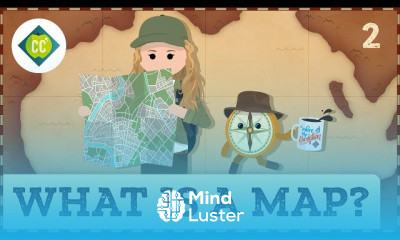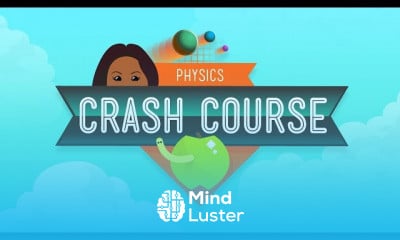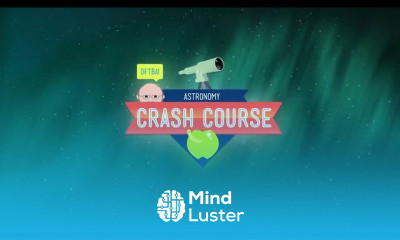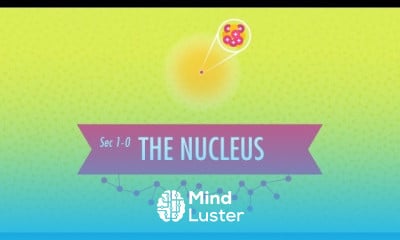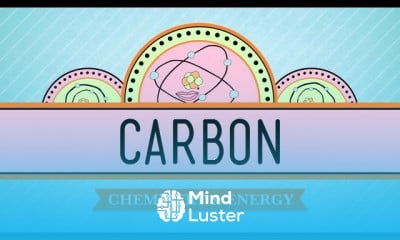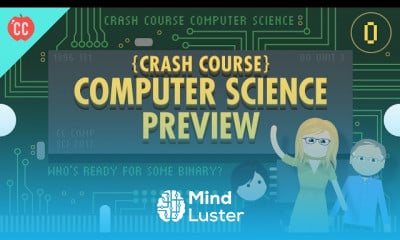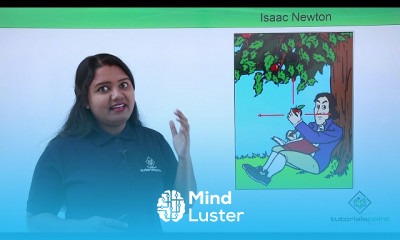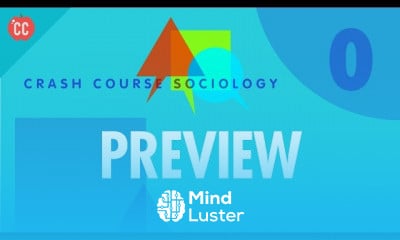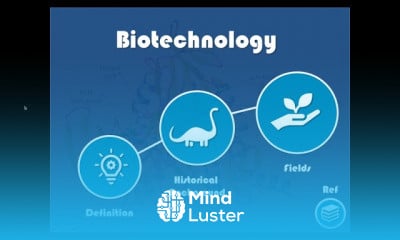Spectra Interference Crash Course Physics 40
Share your inquiries now with community members
Click Here
Sign up Now
Lessons List | 47
Lesson
Show More
Lessons
Comments
Related Courses in Science
Course Description
Mechanics. Motion and its causes; interactions between objects.
Thermodynamics. Heat and temperature.
Vibrations and Waves Phenomena. Specific types of repetitive motions- springs, pendulums, sound.
Optics. Light (including mirrors), lenses, colors.
Electromagnetism. ...
Relativity. ... 1 Classical mechanics.
2 Thermodynamics and statistical mechanics.
3 Electromagnetism and photonics.
4 Relativistic mechanics.
5 Quantum mechanics, atomic physics, and molecular physics.
6 Optics.
7 Condensed matter physics.
8 High-energy particle physics and nuclear physics. What is basic of physics?
Physics is a natural science that involves the study of matter and its motion through space and time, along with related concepts such as energy and force. Matter is generally considered to be anything that has mass and volume. ... These laws of nature are rules that all natural processes appear to follow. What are the 4 basic laws of physics?
The 4 most fundamental physics concepts
Classical mechanics (the laws of motion) If you've studied any sort of science, you've probably heard the story of Isaac Newton sitting under an apple tree and formulating the basic laws of motion. ...
Electromagnetism. ...
Relativity. ...
Thermodynamics. What are the 2 types of physics?
There are Two Main Branches of Physics, Classical Physics and Modern Physics Who named physics?
He wrote the first work which refers to that line of study as "Physics" – in the 4th century BCE, Aristotle founded the system known as Aristotelian physics. He attempted to explain ideas such as motion (and gravity) with the theory of four elements. What is the hardest branch of physics?
Top Ten Hardest Physics Topics
Quantum Mechanics. I love physics but to say some of it's laws are just too much hard. ...
Electromagnetism. ...
Projectile Motion. ...
String Theory. ...
Electronics. ...
General Relativity. ...
Relative Velocity. ...
Radiation. Can I study physics on my own?
You should really work out problems on your own. If you just watch videos online or read book chapters, you might be convinced that you understand the physics but from my experience it's a wrong feeling. Doing problem sets is the best (and only) way to really master the subject.
Trends
French
Graphic design tools for beginners
Data Science and Data Preparation
Formation efficace à l écoute de l
Artificial intelligence essentials
Learning English Speaking
Electrical engineering for engineer
Essential english phrasal verbs
American english speaking practice
MS Excel
Build a profitable trading
Build a tic tac Toe app in Xcode
Python for beginners
Figma for UX UI design
Marketing basics for beginners
Web Design for Beginners
YouTube channel setup
ArrayLists in C for beginners
Magento Formation Français
Computer science careers
Recent
Data Science and Data Preparation
Growing ginger at home
Gardening basics
Ancient watering techniques
Grow mushrooms
Growing onions
Veggie growing
Bean growing at home
Growing radishes
Tomato growing at home
Shallot growing
Growing kale in plastic bottles
Recycling plastic barrel
Recycling plastic bottles
Grow portulaca grandiflora flower
Growing vegetables
Growing lemon tree
Eggplant eggplants at home
zucchini farming
watermelon farming in pallets




